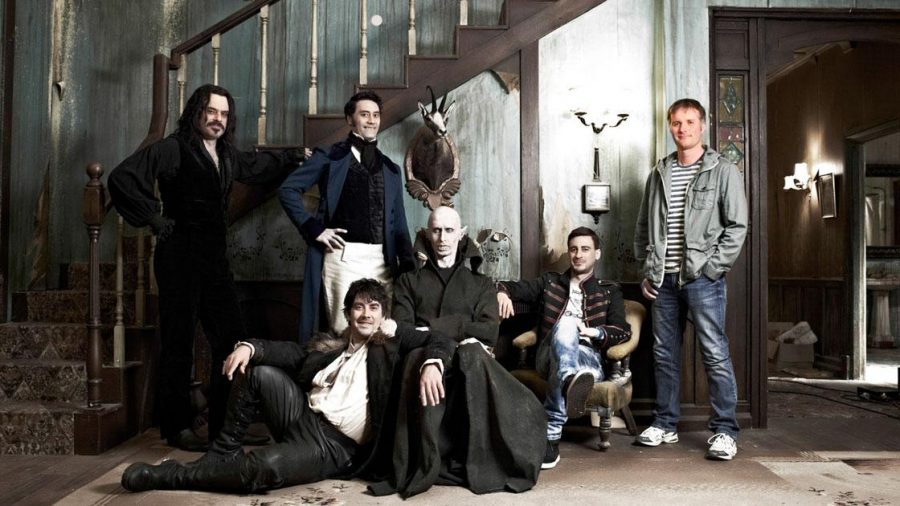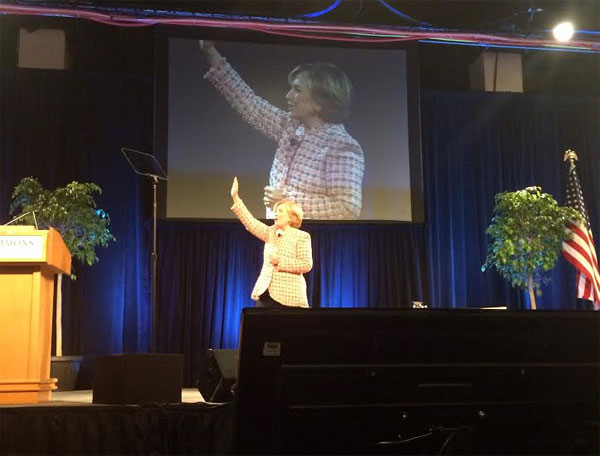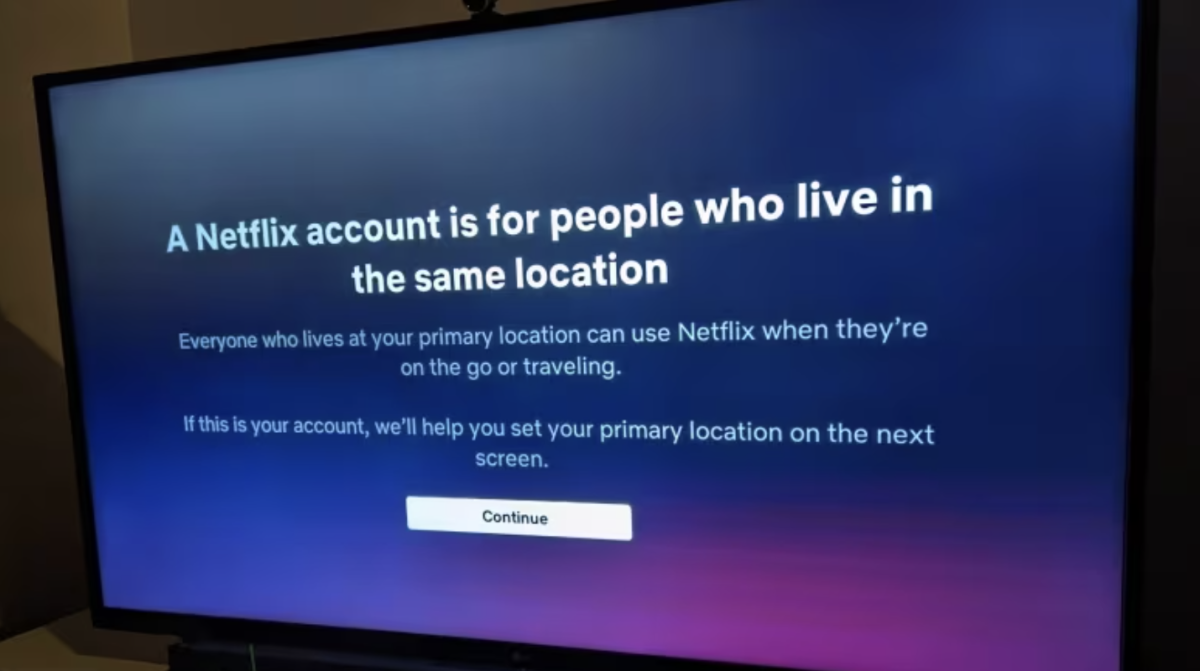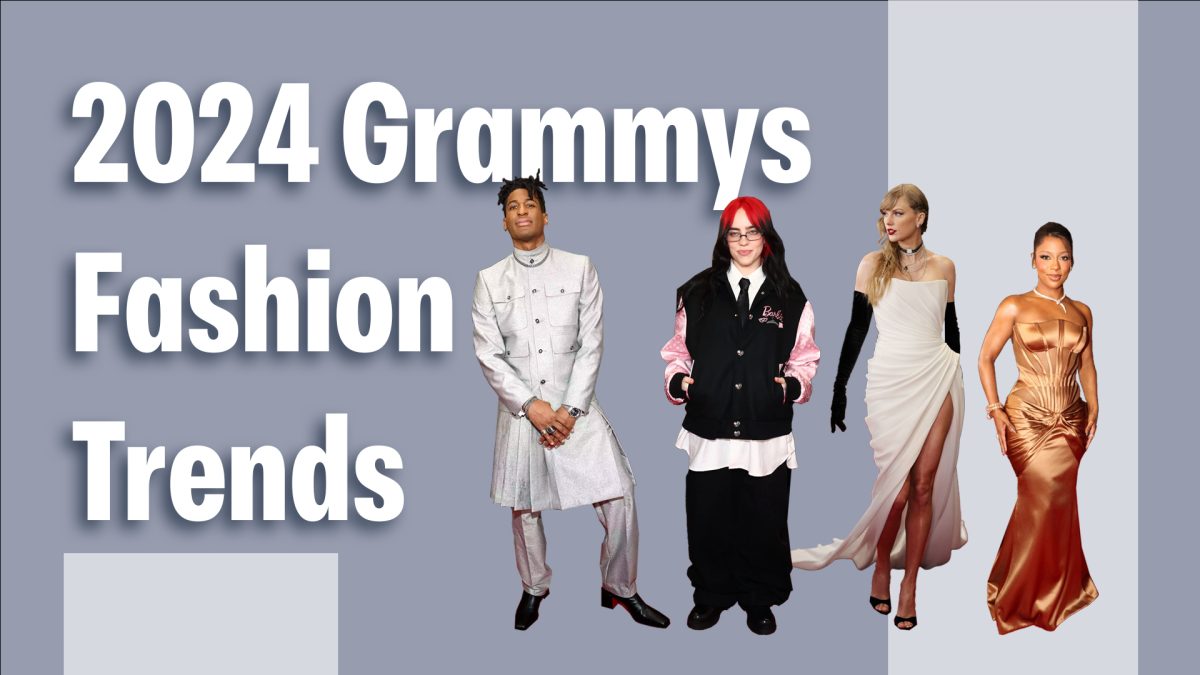By Lauren Lane
Staff Writer
This summer, Bartol dining hall did a massive re-haul, replacing almost everything in sight, even some people behind the scenes. They put in new hard wood flooring and carpets, all new chairs and tables, couches and booths, and even new projection screens used for TV.
While I am a huge fan of all of the renovations that Simmons and Bartol have worked to provide for us, I have to wonder what the effects of the TVs are going to do to students.
Research studies have demonstrated that there is a negative correlation between young adults watching TV and eating at the same time. Aditionally, most young adults spend a fair amount of time watching TV and, without realizing it, absorb a lot of their food preferences from the shows and advertisements that they are viewing.
Television shows are constantly showing calorie-dense foods that are high in fat and sugar as a normal staple in the main characters diets.
What they don’t show is that the actors aren’t actually eating the food but rather tusing it as a prop that will never actually be consumed.
However, when impressionable 18-24 year olds see these meals being frequently eaten, they feel as if it is okay to have pizza every night for dinner, and with no parents or guardians telling them no, it seems like a winning idea.
Also, food products comprise the most highly advertised category on TV networks that our age group watches, and 98 percent of the food advertised on these networks is unhealthy. I mean, when was the last time you saw someone advertising celery on TV?
TV-viewing while eating is a contributing factor in the obesity epidemic that we are facing in America. “Bored eating” is another way to look at it. Time after time we are programmed to think that we need snacks to entertain us, when if we are watching TV, the TV should be doing that.
It has been studied and showen that people who watch TV while eating also tend to be unaware of how much they are eating, which encourages overeating, which then leads to people being overweight.
Nutritionists have said that they are concerned that those who spend their meal times in front of the television are more apt to tune out their natural hunger and satiety cues, causing even more overeating.
I want to reiterate that I am more than a fan of the changes Bartol has made since last semester. The food is better, the atmosphere is more enojyable, and it feels like more of a lounge where you can get food than just a dining hall.
However, I also want to caution those eating in Bartol to be mindful of what they are watching and eating, and if maybe those two can be directly related in a negative manner.























